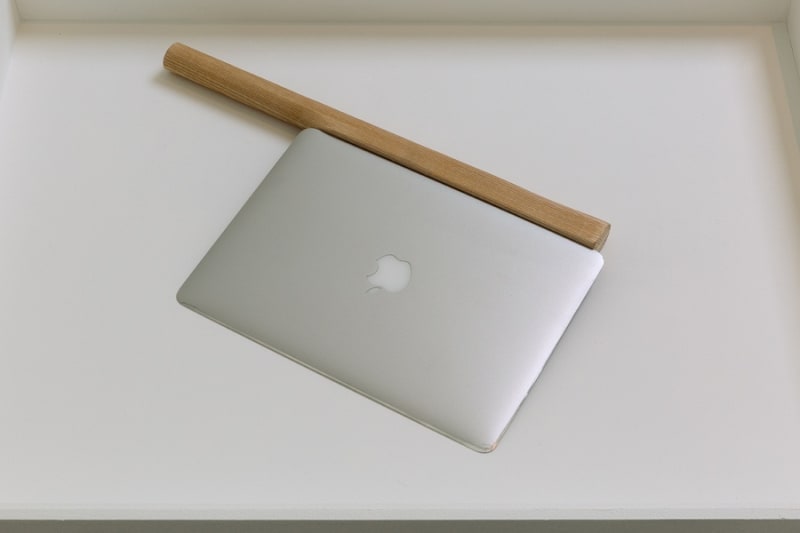Animism proves uni-directional, imbuing the inanimate with a soul, while contemporary art appropriates life in all directions, exploring every aspect of the biosphere. Oscillating constantly between reification (the transformation of the living into things) and prosopopeia (a figure of speech that represents a thing as having a voice), today’s artists anticipate the “flat ontology” of speculative realism, for which everything that exists is an object. Among them, Shimabuku takes time to consider things as complex beings: his work turns them into energy converters, into stories that belong to the sphere of docufiction. Here, a sea cucumber is praised by a fisherman; there, a stone tool reveals its proximity with a cellphone.
Shimabuku's exhibitions draw a landscape in which art no longer occupies a dominant symbolic position: it is a trace among traces, an activity nourished by multiple parallel activities, objects within a world of objects. He creates a space of coactivity between objects, animals and humans: they all work along together, and he carries their voices. Within this gateway between the human and the nonhuman, the reified speaks, the living petrifies, the biological map constantly redistributes itself. And this notion of “coactivity” reinforces a notion that I described in my book Relational Aesthetics: the primacy of the encounter over form.
In other words, art exists only in the dimension of the encounter. If one were to identify it with a mathematical essence, it would be by the symbol Omega, which means the infinity of primes +1. It is this “+1” that defines the artistic experience. It is a unique encounter, virtual or otherwise, that transforms an object (speech, gesture, sound, drawing, etc...) into an artwork, and what arises from this infinite conversation is called “art.” It could therefore be defined as the cardinal point of meaningfulness (everything makes sense), since meaning is the precondition for art’s existence.
Nicolas Bourriaud

